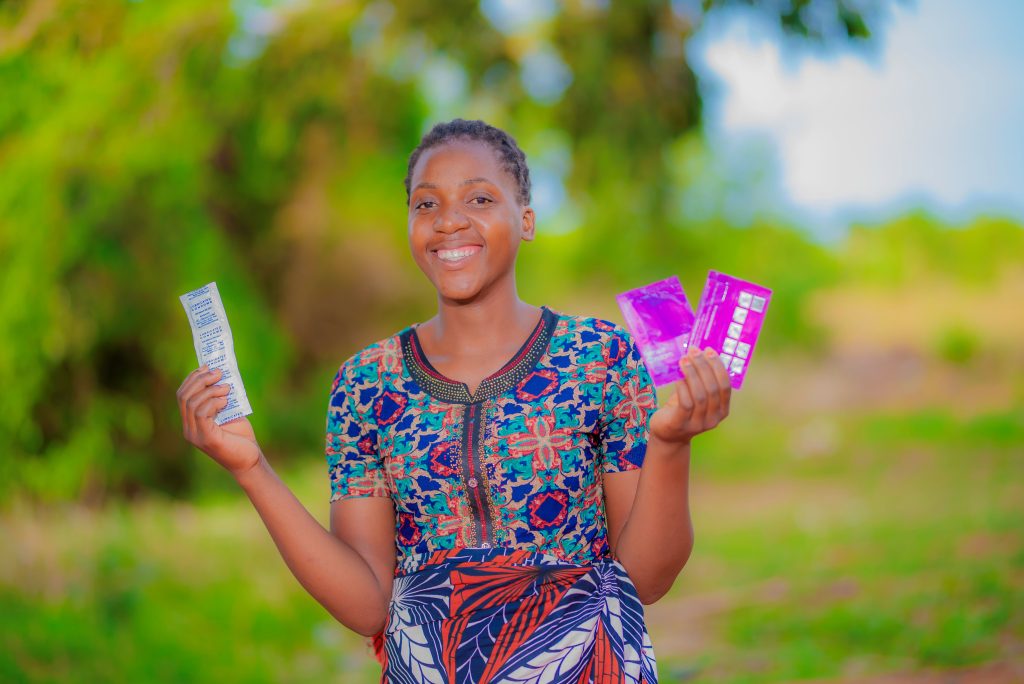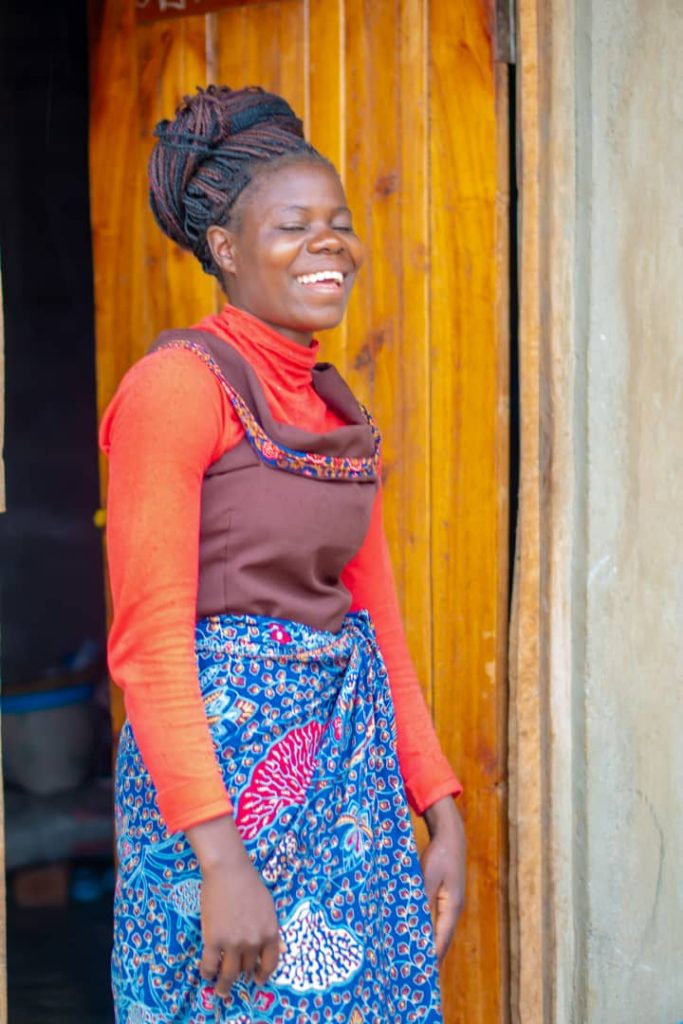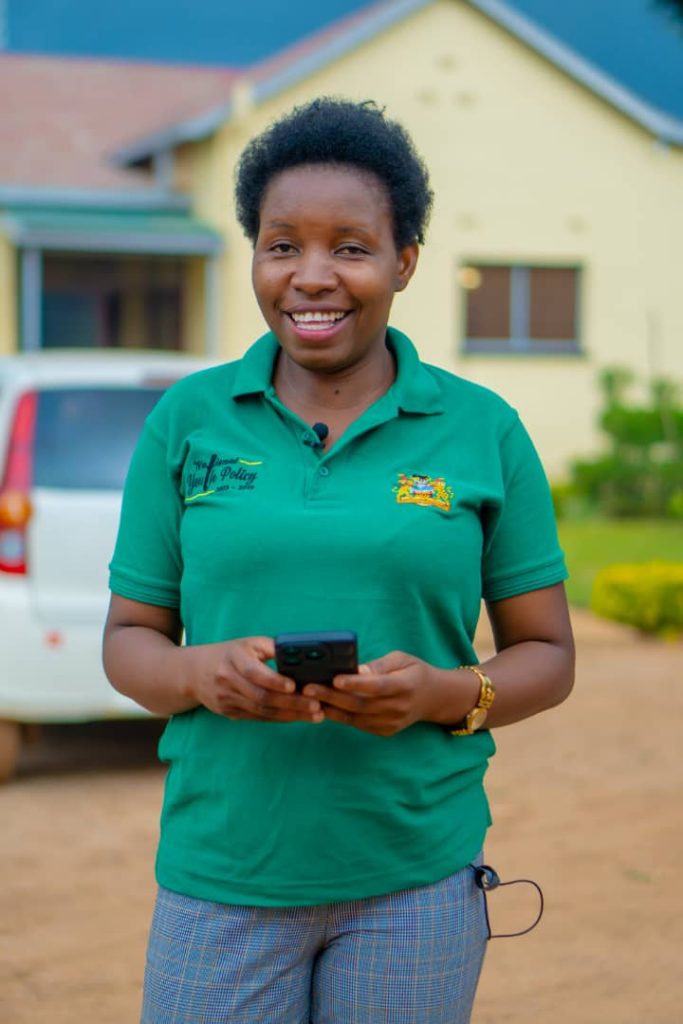By Faith Kadzanja
In many parts of Malawi especially rural areas, several factors contribute to lack of access to family planning services and subsequently result in higher rates of unintended pregnancies among adolescent girls’ and young women.
Early childbearing, high fertility rates and inadequate access to maternal health services are the main contributing factors in the high number of maternal deaths among young women in Malawi.
UNFPA states that in Malawi, adolescent fertility rates are high and estimated at 136 per1000 births.
Unsafe abortion because of unwanted pregnancy is also common among adolescents which is an indicator of girls’ and women’s unmet need for contraception.
Family Planning Association of Malawi (FPAM) is therefore implementing a project called Action for Teen Mothers and Adolescent Girls’. Funded by the government of Korea through the Korea International Cooperation Agency (KOICA), the four-year funded project is implemented in Dedza and Mchinji districts since November 2021.
A group of teen mothers found themselves facing numerous challenges in accessing family planning services in Mchinji and Dedza districts.
Miriam Martin, aged 20, hails from Traditional Authority Mkanda in Mchinji. She became a single mother at only 17.
“When I had my first child, I decided to start using modern methods of contraception. I heard of the available services at FPAM from my friends. They told me that FPAM provides the services freely in the community. I have used both short term and long-acting reversible contraception. I have been using the methods since 2021,” she says.

Family Planning Coordinator for Mchinji District Enipher Changondola says many young girls are now able to access family planning methods.
“The Koica project being initiated by FPAM is being implemented in three Traditional Authorities here in Mchinji. FPAM provides services in hard-to-reach areas. They also work with Youth Community Based Distribution agents providing the services to people in the community. This has improved access to family planning methods,’ she says.
FPAM provides the services through three models including static clinics, mobile outreach clinics and community-based models where Community Reproductive Heath Promoters and Community Based Distribution Agents (CBDAs) provide information and services where need be door to door.
Abraham Phiri is a Youth Community Based Distribution Agent in Mchinji. He says at first people did not really know about family planning methods in this community.
“We sensitize people and provide some modern methods of contraception. We distribute condoms and pills. we reach young people through youth clubs and sometimes we move door to door providing information and services,” he says.
Young people in Dedza district also face limited access to sexual reproductive health information and services.
Ivy Moffatt based in Dedza is a teen mother. She hails from Chapatali village where Koika programme is being implemented.
Ivy says that before the project, she used to walk a long distance to access the services.
“At first, we used to travel a long distance to access the methods. But with the coming in of FPAM outreach clinics, we can access the services nearby. I have been using modern methods of contraception for quite some time now and I have not experienced any problem,’’ she explains.
Olive Maxwell also conquers Ivy. She states that at first, she did not use any family planning method, and after some time she got pregnant.

“I got pregnant, and it was unwanted. So, after having the child, I did not hesitate. I started using the modern methods of contraception. This has really helped me to raise my child with no challenges and I am at peace,” she says.
Dedza District Youth officer Twesa Mwamlima is all smiles. Youths in the district are being reached with services.
“It is not only the youths that are out of school that are benefiting, even the in-school youths are also benefiting from the project. Looking at the policies that we have, for the in-school it is mostly the sexual reproductive health information that they benefit from and for the out of school, they benefit both the information and the services,’’ she says.

FPAM project coordinator Jimmy Kachale says the project engages parents, community members, girls and boys through youth clubs, community dialogues, and school programmes to create an enabling environment towards realizing the sexual reproductive health and rights of teen mothers and adolescent girls.
“In the year 2023, we have been able to provide integrated services to more than 15,000 adolescent girls and boys through the mobile outreach clinics where we have reached out to more than 10,000 adolescent girls and boys and through the door-to-door provision we have reached more than 5,000 adolescent boys and girls,’’ he says.
Key stakeholders of the project include the Ministry of Youth and Sports, the Ministry of Gender, the Ministry of Health, Dedza District Council and Mchinji District Council.
FPAM, Malawi Girl Guides Association (MAGGA), Youth Net and Counseling (YONECO), and Freedom from Fistula Foundation are implementers of the project.
The Action for Teen Mothers and Adolescent Girls’ project is funded by the government of Korea through the Korea International Cooperation Agency (KOICA) and through the United Nations Population Fund (UNFPA Malawi).
